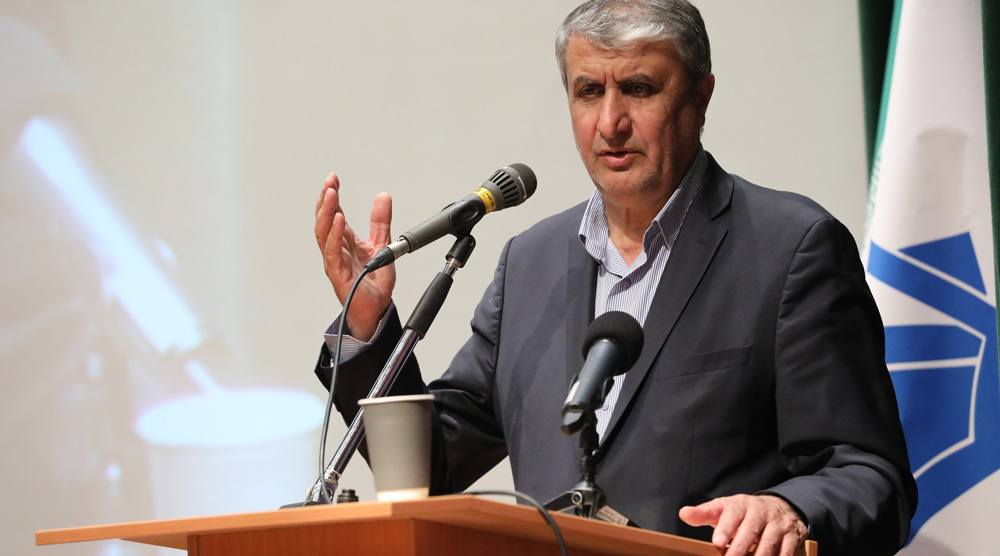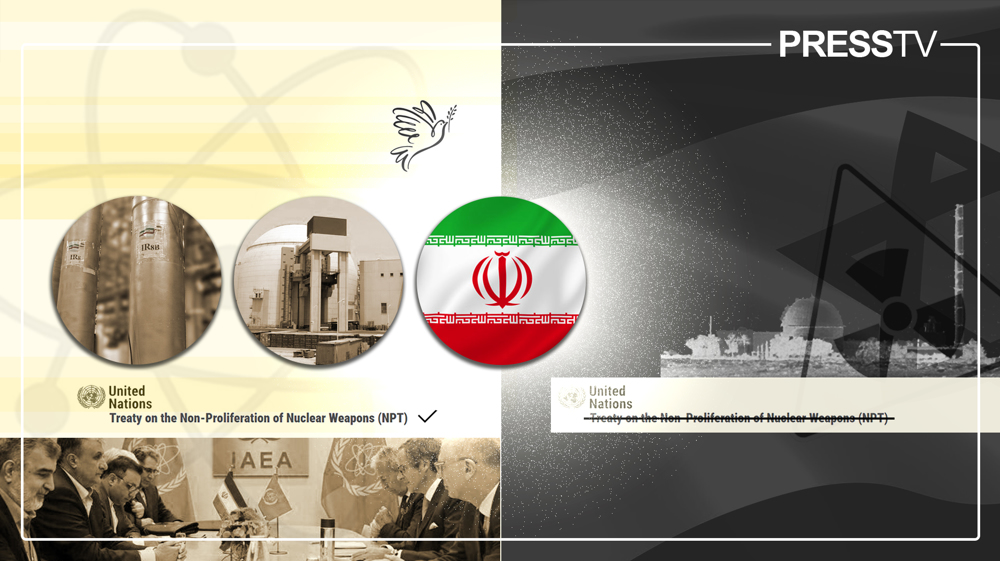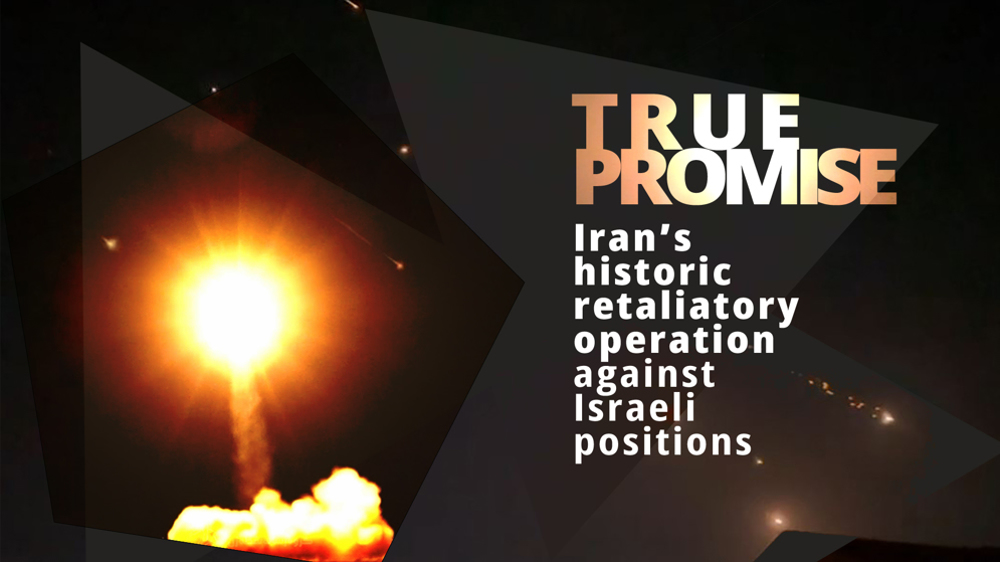Zarif, Kerry come together for new nuclear talks in Swiss city of Montreux
Iran and the United States have started a fresh round of talks over Tehran’s nuclear program in an attempt to narrow differences on the outstanding issues over Tehran's nuclear program.
The meeting on Monday was also attended by head of Atomic Energy Organization of Iran, Ali Akbar Salehi, Zarif’s deputies Abbas Araqchi and Majid Takht-e Ravanchi, special assistant to Iran's president, Hossein Fereidoun, US Energy Secretary Ernest Moniz, as well as US Under Secretary of State for Political Affairs Wendy Sherman, and EU's Deputy Foreign Policy Chief Helga Schmid.
Head of the Atomic Energy Organization of Iran (AEOI) Ali Akbar Salehi and US Energy Secretary Ernest Moniz also met for three hours on Monday and then joined other negotiators in ministerial talks.
The new round of talks in Montreux came as representatives from Iran and the United States held three rounds of intensive talks in the Swiss city of Geneva on February 22-23 to bridge their differences ahead of a key July 1 deadline for reaching a comprehensive deal.
Speaking at the end of the Geneva talks, Zarif said the parties involved in the negotiations succeeded in making “some progress” on certain issues “but we have a long way ahead to reach a final agreement.”
Possibility of final nuclear agreement
Speaking to Press TV reporter in Geneva, Zarif said a deal on Iran’s nuclear program could be concluded this week if the United States and Western members of the P5+1 group have sufficient political will and agree to remove sanctions on Tehran.
“Of course our negotiating partners, particularly the Western countries and particularly the United States, must once and for all come to the political understanding that sanctions and agreement don’t go together. If they want an agreement sanctions must go,” the top Iranian nuclear negotiator said, adding, “Sanctions are not an asset. They have never been an asset. They are a liability and the sooner they remove this liability from the table, the sooner we will get to an agreement.”
Iran and the P5+1 countries – Britain, France, China, Russia, and the United States plus Germany – are making attempts to narrow their differences on the outstanding issues related to Iran's nuclear program. The two sides have missed two deadlines since an interim deal was signed in November 2013. They have set July 1 as the next deadline for the talks.
SF/SS
Yemeni forces strike Israeli ship, Port of Eilat in solidarity with Gaza
Columbia, Yale students bent on ending US support for Israeli genocide
VIDEO | Genocide in Gaza
Iran calls on BRICS to play role in stopping Israeli crimes
President Raeisi’s historic visit opens new chapter in Iran-Pakistan ties
Russia: Poland’s talks on hosting US nuclear weapons ‘dangerous’
VIDEO | Israel’s genocide bounty
India’s home minister vows to end Muslim reservation if his party wins










 This makes it easy to access the Press TV website
This makes it easy to access the Press TV website